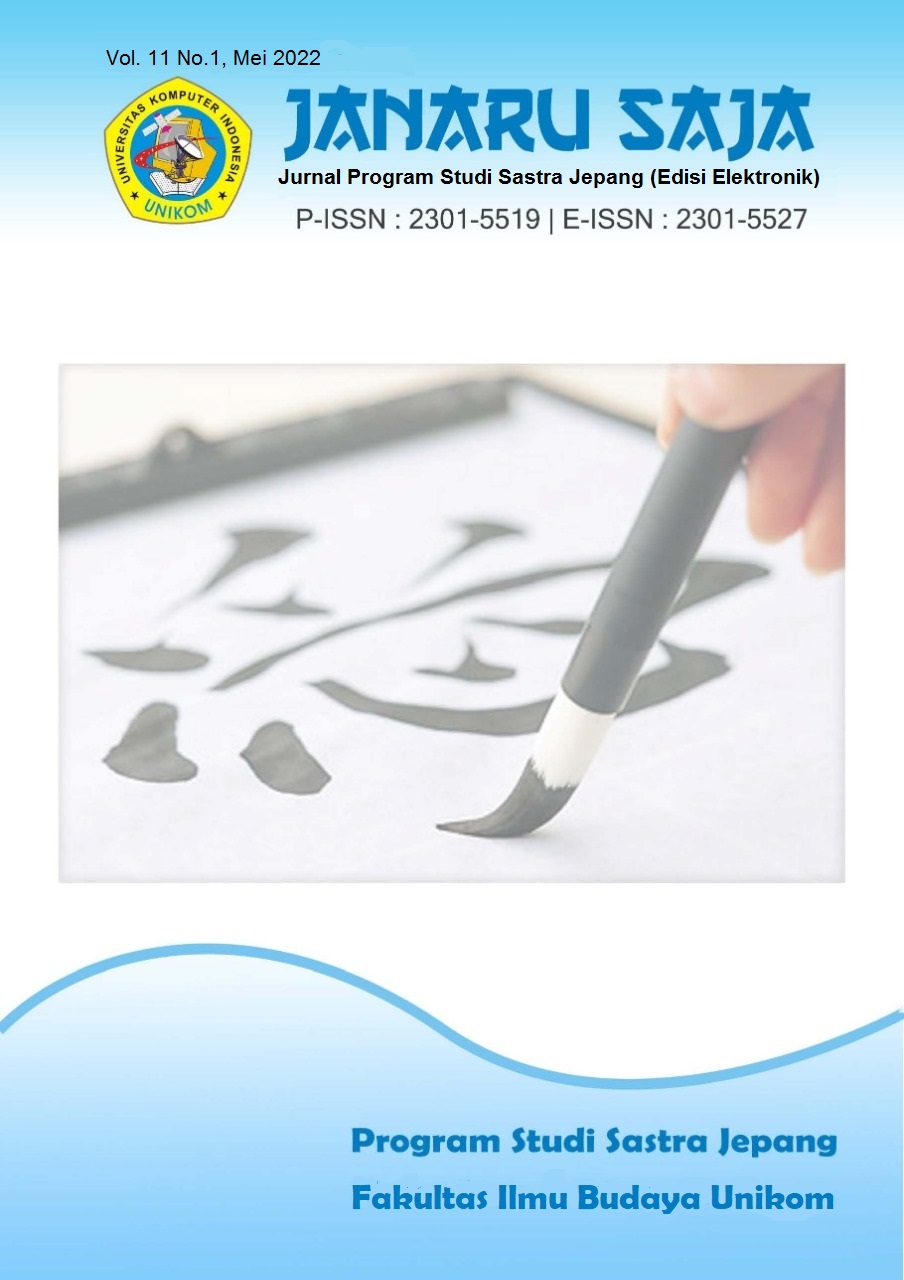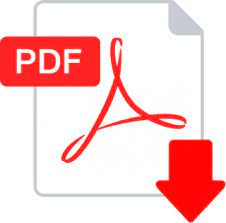Konflik Sosial dalam Film Manbiki Kazoku
Kajian Sosiologi Sastra
DOI:
https://doi.org/10.34010/js.v11i1.5290Abstract
Abstract
This article aims to determine the impact of the social conflict experienced by the Shibata family in Hirokazu Koreeda's Manbiki Kazoku film. This research is descriptive qualitative. The data sources used in this study are dialogues and statements contained in the Manbiki Kazoku film. The theory used is Karl Marx's theory of social conflict. This study uses the method of listening, with advanced techniques of note, as a method and technique of data collection. Furthermore, the results of this study are presented using informal methods. The results of this study are the 3 impacts felt by members of the Shibata family after the occurrence of social conflicts between groups, namely the destruction of group unity, loss of property (material) and human victims, and the change in individual personality.
Keywords: family; film; social conflict
Abstrak
Artikel ini bertujuan untuk mengetahui dampak dari konflik sosial yang dialami oleh keluarga Shibata dalam film Manbiki Kazoku karya Hirokazu Koreeda. Penelitian ini bersifat deskriptif kualitatif. Sumber data yang digunakan dalam penelitian ini adalah dialog dan pernyataan pada film Manbiki Kazoku. Teori yang digunakan yakni teori konflik sosial milik Karl Marx. Penelitian ini menggunakan metode simak, dengan teknik lanjutan catat, sebagai metode dan teknik pengumpulan data. Selanjutnya hasil dari penelitian ini disajikan dengan menggunakan metode informal. Hasil dari penelitian ini adalah 3 dampak yang dirasakan anggota keluarga Shibata setelah terjadinya konflik sosial antar kelompok terjadi yakni hancurnya kesatuan kelompok, hilangnya harta benda (material) dan korban manusia, dan terakhir adanya perubahan kepribadian individu.
Kata Kunci: film; keluarga; konflik sosial
Downloads
Published
Issue
Section
License
- Authors retain copyright and grant the journal right of first publication with the work simultaneously licensed under a Creative Commons Attribution License that allows others to share the work with an acknowledgement of the work's authorship and initial publication in this journal.
- Authors are able to enter into separate, additional contractual arrangements for the non-exclusive distribution of the journal's published version of the work (e.g., post it to an institutional repository or publish it in a book), with an acknowledgement of its initial publication in this journal.
- Authors are permitted and encouraged to post their work online (e.g., in institutional repositories or on their website) prior to and during the submission process, as it can lead to productive exchanges, as well as earlier and greater citation of published work (See The Effect of Open Access)











.jpg)

